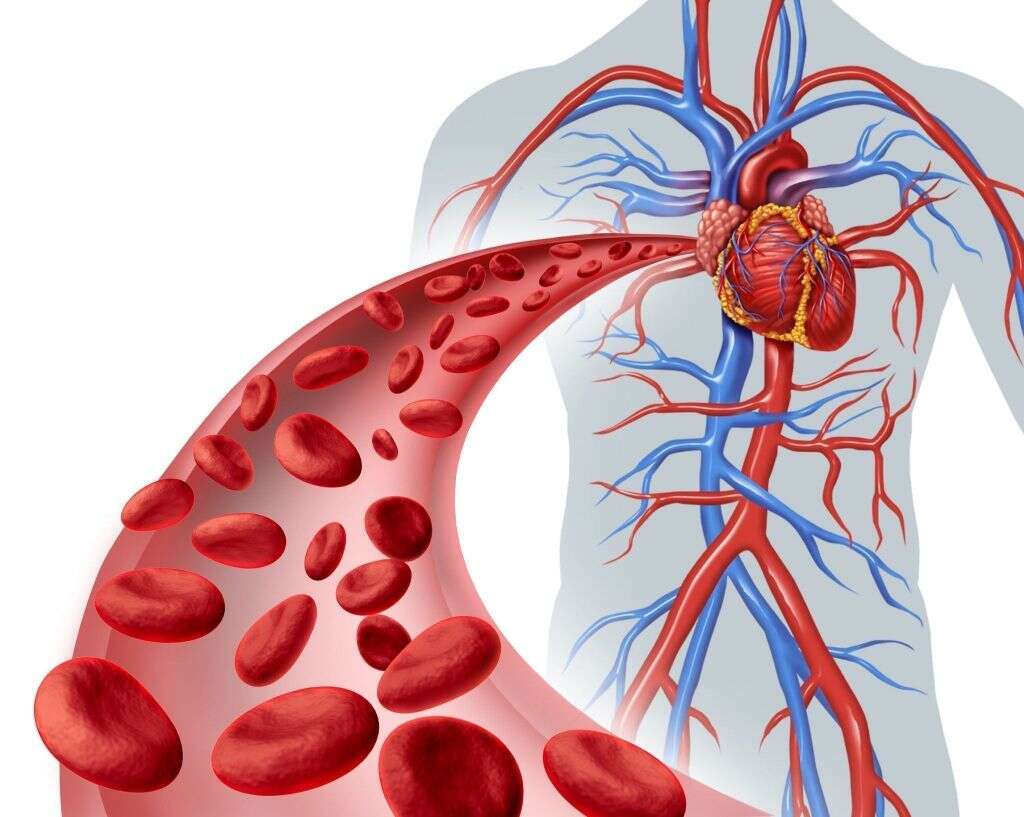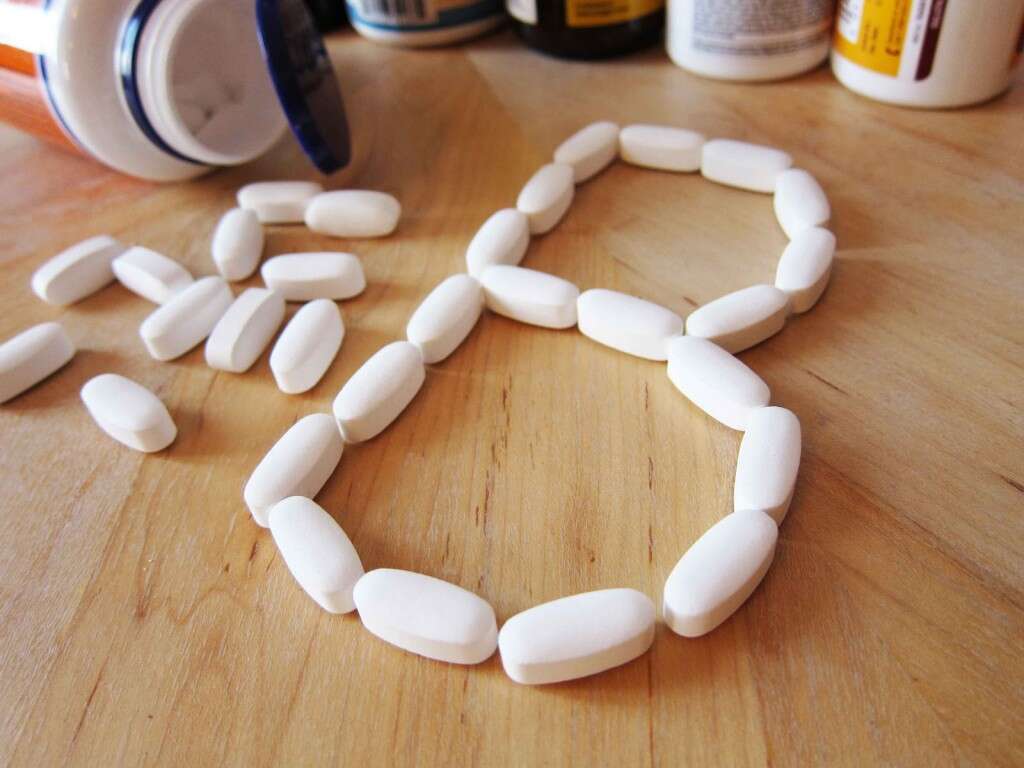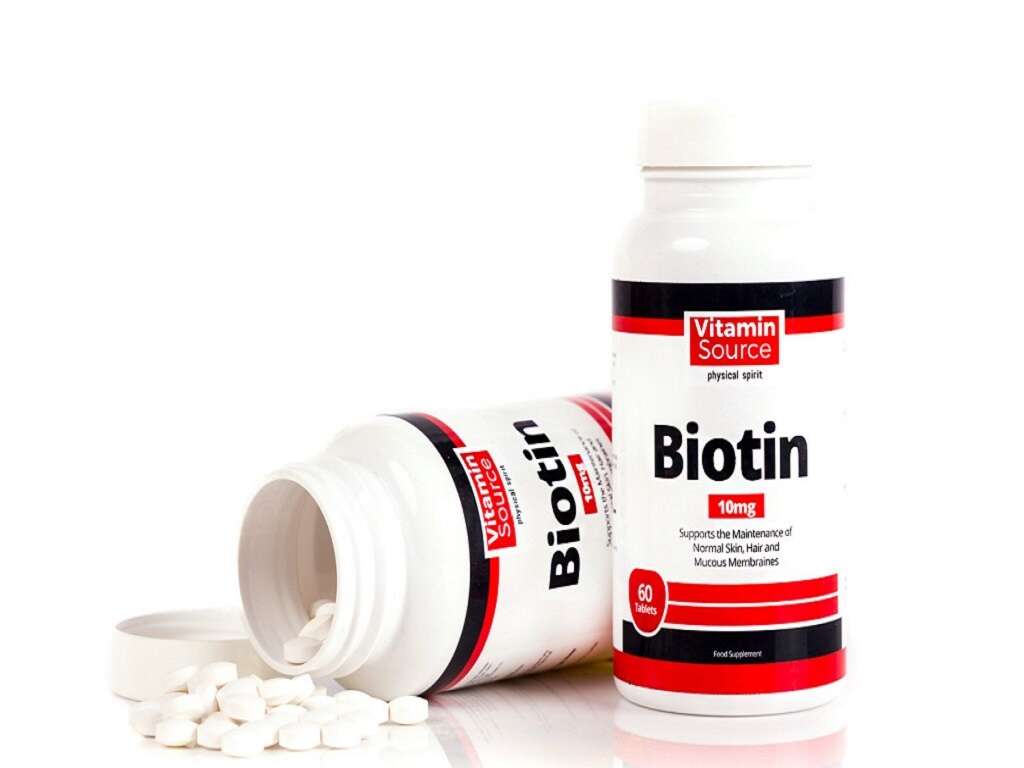10 Vitamin B6 Deficiency Symptoms
Vitamin B6 is an essential micronutrient that belongs to the B complex group of vitamins. Vitamin B6 is a component in more than 150 enzymatic processes in the body, including processing of carbohydrates, protein, and fats.
Vitamin B6 plays a role in brain, nervous system, and immune functions. Vitamin B6 also has anti-inflammatory and antioxidant properties that benefit the body by preventing chronic illnesses like cancer and heart disease.
Vitamin B6 deficiency is not common; however, it still occurs. It is more likely to occur in smokers, alcoholics, pregnant women, and in people with autoimmune diseases, kidney, liver, and digestive conditions. Below are the top 10 vitamin B6 deficiency symptoms.
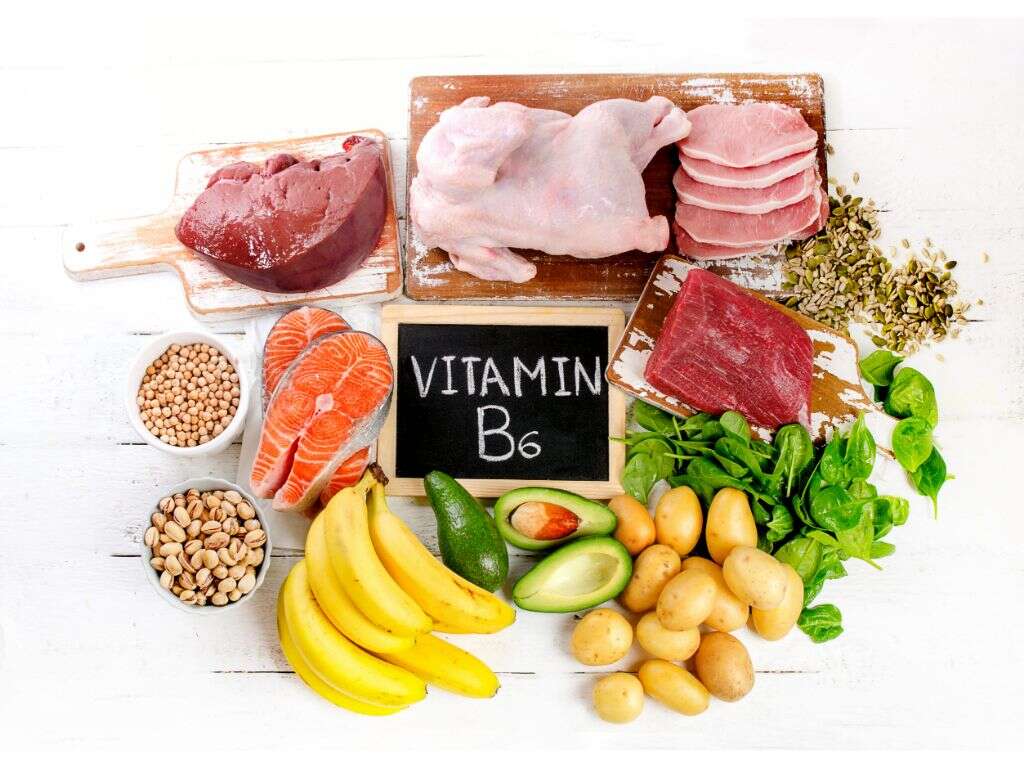
Symptom #1: Cracks and Sores on the Lips
Cracked lips and tongue can be a manifestation of vitamin B6 deficiency, also called pyridoxine. The dryness and cracking can be observed especially at the corners of the lips, a condition medically referred to as cheilosis. A person with vitamin B6 deficiency can experience pain at these sites with the cracked areas being prone to bleeding and infection.
It is important to remember that mouth sores and cracked lips can also occur due to shortages in other vitamins and nutritional elements and even as a response to changes in weather. A keen inventory on your diet and environmental changes are therefore important in helping you discern the probable cause of cracks and sores on your lips.

Symptom #2: Tingling Sensations
Have you or a close relation been experiencing funny feelings of pins and needles in your hands or feet? This condition, also known medically as peripheral neuropathy, is another symptom of vitamin B6 deficiency. The vitamin plays a role in the development and function of the nervous system.
In the case of vitamin B6 deficiency, one can feel burning, sometimes shooting sensations, which can be quite unpleasant and even make walking difficult. Additionally, the affected person may have challenges in assuming the usual upright posture when walking due to peripheral neuropathy. They may also show some clumsiness in posture and walking style.
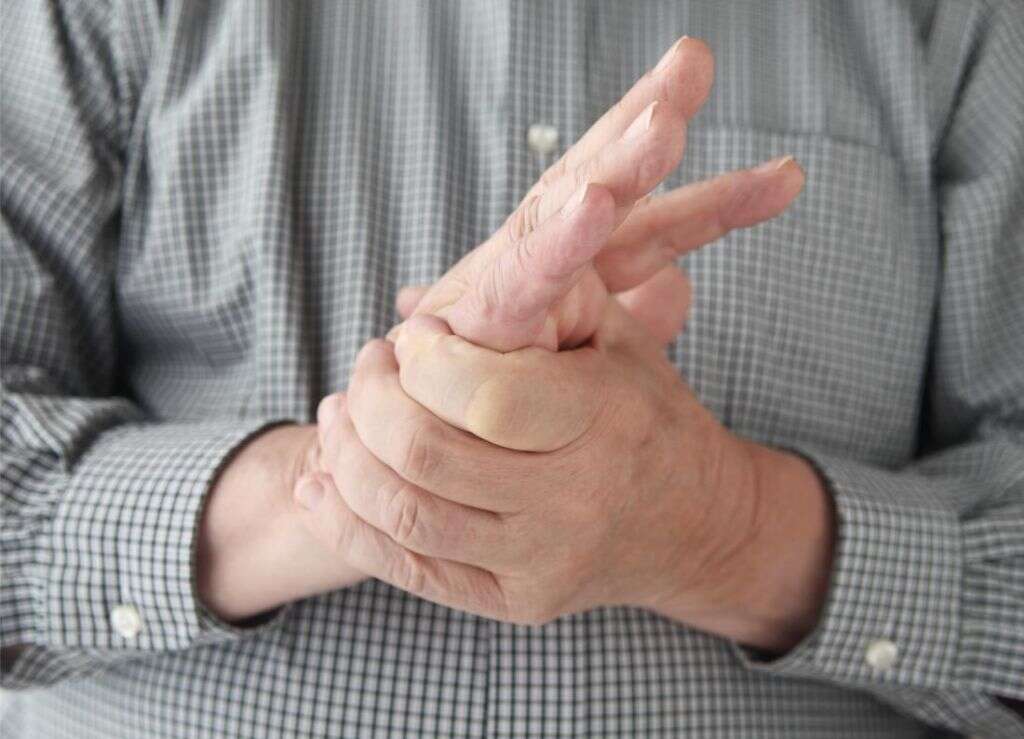
Symptom #3: Weakened Immunity
One of the important roles of vitamin B6 is the promotion or maintenance of a competent and effective immune system. Vitamin B6 is involved in the production of antibodies; cells that help the body fight off infections, and other specific cells of the immune system that mediate immune responses.
Therefore, when the body has insufficient amounts of the vitamin, it is prone to contracting infections that the body would have otherwise fought off easily. This is the reason why vitamin B6 supplementation is recommended not only for patients with chronic illnesses but also as a regular dietary component for healthy living.

Symptom #4: Skin Rashes
Vitamin B6 plays a crucial role in maintaining a healthy skin appearance. The vitamin does this by promoting the production of collagen; a type of protein which is found in large amounts in the skin. Collagen contributes to the structure and appearance of the skin and enables the skin to perform its numerous functions.
The skin rashes, which are usually red in appearance, can be quite itchy and occur often around the face, neck, or on the scalp. The skin rashes occurring due to deficiency in vitamin B6 are referred to medically as seborrheic dermatitis and usually resolve once you supplement with food rich in vitamin B6.

Symptom #5: Fatigue
One of the important roles of vitamin B6 is in the making of hemoglobin; the protein in blood that is responsible for transporting oxygen to tissues. When the body is unable to produce enough hemoglobin, lower amounts of oxygen are transported to cells for energy production.
The resultant reduced oxygen carrying capacity due to low hemoglobin levels secondary to Vitamin B6 deficiency can cause feelings of tiredness and inability to endure energy-sapping tasks. Additionally, vitamin B6 is involved in the making of the sleep-promoting hormone called melatonin. A deficiency will therefore reduce quality of sleep and rest, leading to fatigue.

Symptom #6: Sores on the Tongue
Just as with cracks on the lips, vitamin B6 deficiency can cause changes in the tongue. This happens due to the disappearance of the little bumps known as papillae found on the surface of the tongue. The sores can be accompanied by swelling of the tongue, which can make both swallowing and talking difficult and painful.
Proper inventory of eating habits is important in determining if the signs on the tongue are indeed due to vitamin B6 deficiency since other nutrient deficiencies such as vitamin B12 and folate can also lead to similar manifestations. The sores usually disappear when the requisite amounts of nutrients are incorporated in the diet.

Symptom #7: Seizures
It might be a little surprising but, yes, a deficiency in vitamin B6 can lead to seizures and convulsions. Vitamin B6, with its various roles in cellular processes that take place in the body, is known to affect the production of some neurotransmitters such as gamma-amino butyric acid (GABA).
The action of GABA in the brain is to slow down some processes, thereby balancing effects of chemicals that cause stimulation. A decrease in GABA activity due to vitamin B6 deficiency has the net effect of overstimulation, which can lead to seizures. Newborns who were previously fed on infant formula deficient in Vitamin B6 were observed to suffer more from seizures.

Symptom #8: Brain Fog
The central role of vitamin B6 in the synthesis of brain communicating chemicals, known as neurotransmitters, explains the foggy and confused state that can be seen among people who suffer from vitamin B6 deficiency. The chemical communicators mediate various processes including thought-processes, learning, and memory.
For example, serotonin and GABA are important chemical substances, whose production is affected by vitamin B6. These chemicals are involved in preventing anxiety, pain, and fatigue. Besides, due to the action of the vitamin in facilitating the body’s ability to utilize various food sources for energy production through metabolism, a deficiency will provoke a state of confusion and lack of clarity in the brain’s intellectual functions.

Symptom #9: Mood Changes
If you have lately started experiencing unexplained mood changes, a deficiency in vitamin B6 might be the culprit to consider. This is because vitamin B6 is involved in the production of the chemical substances known as neurotransmitters, such as GABA and serotonin.
These two chemicals play crucial roles in promoting the body’s psychological balance as they are involved in controlling anxiety and depression. For example, studies have reported how an intake of between 50 mg and 80 mg of vitamin B6 daily was effective in controlling premenstrual symptoms associated with mood changes in women. You should, therefore, ensure that you take adequate amounts of this important nutrient to keep your moods high and stable.

Symptom #10: High Homocysteine Levels
A chemical known as homocysteine is produced by the body as a by-product of the process of breaking down proteins. Unchanged, homocysteine can pose great danger to normal body functions. Therefore, the body converts it to other biological compounds. To further process the homocysteine, several vitamins, including B6 are required.
A deficiency in vitamin B6 can therefore lead to elevated levels of homocysteine, which is implicated in various disorders and disease conditions like heart disease, stroke, and Alzheimer’s disease. Additionally, high homocysteine in the blood has been shown to destroy blood vessels and nerves. Other nutrient deficiencies, such as vitamin B12, can also lead to elevated homocysteine levels and other accompanying complications.
